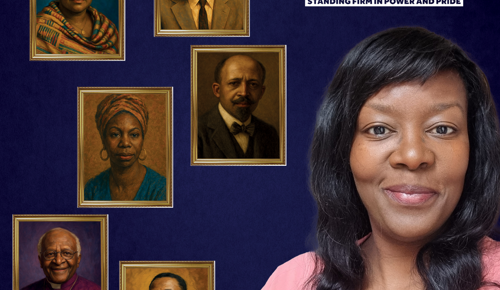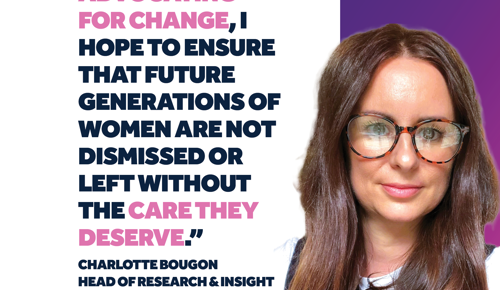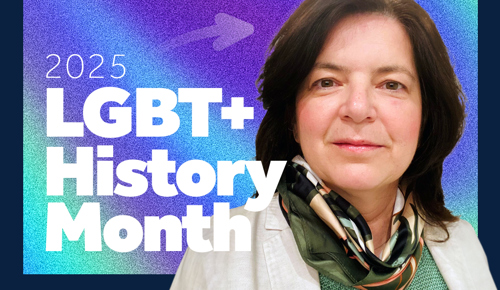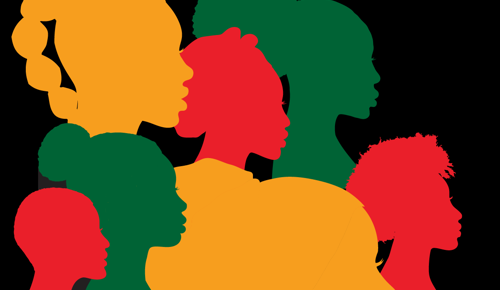 Since the decriminalisation of homosexuality in 1967, the UK has witnessed significant legislative and cultural progress in the fight for LGBT+ rights. The introduction of the Gender Recognition Act in 2004 and the legalisation of same-sex marriage in 2014 are milestones which reflect a society moving towards equality and inclusivity.
Since the decriminalisation of homosexuality in 1967, the UK has witnessed significant legislative and cultural progress in the fight for LGBT+ rights. The introduction of the Gender Recognition Act in 2004 and the legalisation of same-sex marriage in 2014 are milestones which reflect a society moving towards equality and inclusivity.
So why is Pride Month still so important?
Unfortunately, progress isn’t the same as equality. Despite these legislative wins, the LGBT+ community continues to face serious challenges. In recent years, we’ve seen a worrying rise in discrimination, particularly towards trans people. Stonewall reported in 2023 that violence against trans individuals increased by a staggering 186% over the previous five years. This is likely just the tip of the iceberg as only about 1 in 10 LGBT+ people report hate crimes when they occur.
This hostility isn’t limited to individual acts of violence. We've also seen a rise in divisive rhetoric from media outlets and political figures, often targeting the trans community. Earlier this year, the UK Supreme Court made a ruling that legally defines gender solely on biological sex, a move that many feel undermines the rights and dignity of trans people and makes daily life more difficult for them. These developments serve as a stark reminder:
While laws can change, attitudes often take longer to catch up
Pride Month isn’t just a celebration, it’s a powerful protest. It’s about visibility, solidarity, and pushing for a world where everyone can live openly, safely and proudly as their authentic selves.
So this June, whether you’re attending a march, educating yourself, or simply standing up against discrimination, I encourage you to take part in Pride Month and show your support to our trans community.
Our news
All Articles

- 20 October 2025
- Diversity and inclusion
Blog: Celebrating Diwali - a festival of light, family and joy


- 17 September 2025
- Diversity and inclusion
Blog: Creating office spaces with inclusion in mind

- 16 September 2025
- Diversity and inclusion
New Podcast: Equality Diversity and Inclusion at Southern Housing















